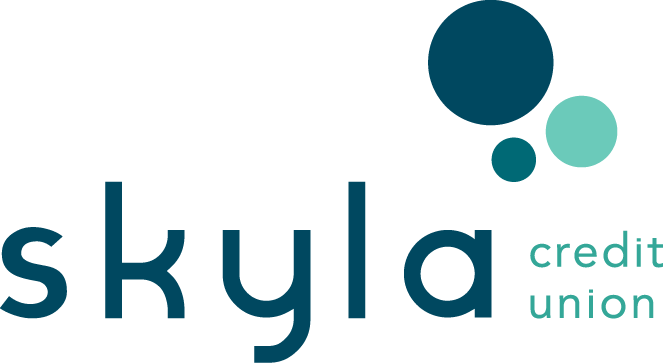Is a Home Equity Loan a Good Idea?
.png)
If you’re a homeowner and are looking for some extra cash, a home equity loan might be one of the first things that come to mind. After all, you own your home and it's natural to think about tapping into its value.

You might be ready to start some home improvement projects such as a kitchen or bedroom remodel or use the funds for a down payment on another property. But is a home equity loan really the best option?
Here, we'll break down home equity loans by covering how they work, the benefits, and risks, along with some common questions that are asked when homeowners want to borrow against the amount of equity they have in their home.
So... if you're thinking about getting a home equity loan, here's what you should know!
here's a closer look at what we'll cover
|
|
 what is a home equity loan?
what is a home equity loan?
A home equity loan is a type of mortgage product that allows homeowners to borrow against the equity in their home. This is also known as a second mortgage
Home equity loans are popular among homeowners who are looking to make home improvements or consolidate debt. These loans typically have lower interest rates than other types of loans, making them an attractive option for borrowers.
However, home equity loans also typically require borrowers to have a good credit score and a strong history of mortgage payments meaning they may not be an option for all borrowers. For those who do qualify, a home equity loan can be a helpful tool in financing a variety of home-related expenses
how does a home equity loan work?
Your home’s equity is the portion of your home's purchase price that you've paid off, plus any improvements or additions you've made to the property, minus the amount owed.
So, if your home's worth $200,000 and you owe $125,500, you have $74,500 worth in equity.
When taking out a home equity loan, you're using your home as collateral and typically end up with a lower interest rate than you would on other types of loans. Because of this, home equity loans are often used for large purchases or home improvement projects.
Home equity loans are typically given as a lump sum, and you'll need to make monthly payments just like you do on your mortgage. The interest rate on a home equity loan is often lower than the rate on a personal loan or credit card, making it a good choice for borrowers who want to keep their payments low. But because your home serves as collateral on a home equity loan, there's always the risk that you could lose your home if you can't make your payments. (I'll get into more of the risks and benefits of a home equity loan in a bit.)
home equity loan vs. home equity line of credit (heloc)
When it comes to mortgage products, home equity loans and home equity lines of credit (HELOCs) are two of the most popular options for homeowners. But are not the same thing. They both allow you to borrow against the equity in your home, but there are some important differences to be aware of.
example table
 what are the benefits and risks of a home equity loan?
what are the benefits and risks of a home equity loan?
benefits
- Fixed interest rate: This means your monthly payments will stay the same for the life of the loan, making it easy to budget for your payments each month.
- Low-interest rate: Home equity loans typically have lower interest rates than other types of loans, such as personal loans or credit cards. This makes them an attractive option for borrowers who want to keep their payments low.
- Flexibility on how you use the loan: The lender won't dictate how you use your loan. It can be spent on a lavish vacation, home repairs, debt consolidation, etc. The sky's the limit!
- Potential tax deduction: Your interest payments may be tax-deductible. If you use your home equity loan to improve your home, you might be able to deduct the interest from your taxable income Consult a tax advisor to see if you qualify.
risks
- Risks of losing your home: Because your home serves as collateral on a home equity loan, you could lose your home if you can't make your payments. This is a big risk to take, so make sure you understand the terms of your loan and are confident in your ability to repay before you sign on the dotted line.
- Costs and fees: Since home equity loans serve as a second mortgage, the closing costs could be anywhere between 2% and 5% of the loan amount. Psst... These costs and fees can add up so make sure you're able to pay.
- You'll be taking on more debt: A home equity loan will add to your overall debt load. This could make it more difficult to qualify for a mortgage or other types of loans in the future. So, if you're already struggling with debt, a home equity loan might not be the best option for you. Do your research and weigh the pros and cons carefully before deciding.
QUICK TIP: An important thing to remember with home equity loans, is you can hurt your credit score if you default on your loan. This is the case with any loan and you've failed to make payments. Make sure you have a plan to pay off your loan on time. Here is some key information to help you understand your credit score. |
 when should i get a home equity loan?
when should i get a home equity loan?
Here's a list of ways you could use a home equity loan if you chose to borrow against the amount of equity you have in your home (but don’t forget, you’re not required to only use your loan for one of these things).
- Home improvements: As I mentioned before, home equity loans are great if you're looking to do some home projects like a kitchen renovation or maybe roof repairs. Using the loan on home improvements could help increase the value of your home over time which could attract prospective buyers should you choose to sell your home.
- Emergency expenses: If you don't already have an emergency fund, covering at least six months' worth of emergency savings for unplanned expenses, a home equity loan might help you keep above water especially if you have large medical bills. Psst... but it's never too late to start saving an emergency fund! Here are 7 steps to building an emergency saving fund.
QUICK TIP: Just in case you have an emergency come up and you don't already have an emergency to keep you afloat, here are some tips to help you get some extra funds back in your pocket. |
- College education: As an NCA&T University and Hofstra University graduate, I know exactly how expensive it is to cover costs for higher education. Just thinking about it brings back soooo many memories but using a home equity loan to help aid those costs might be better than receiving a large student loan, especially if the home equity loan's interest rate could be lower.
- Wedding: As you may know, weddings can be pricy. The average cost of a wedding in 2021 is $22,500 according to WeddingWire but again, that amount is an average estimate, the numbers could go up or down depending on where you live, the size of the wedding event, and so much more. And we haven't even gotten to the honeymoon costs yet. Ha! Either way, a home equity loan could help.
- Debt consolidation: There is so much more you can do with a home equity loan, these are just to name a few to give you an idea. This option is last because I'm not a huge fan of consolidating debt with more debt, however, it might make financial sense. If you have multiple high-interest loans with high payments, you may be able to consolidate your debt and save money on interest payments.
should i get a HELOC instead?
You don't have to go with a home equity loan, HELOC can be an option too. Just remember, a home equity line of credit (HELOC) allows you to borrow against the value of your home. A HELOC typically has a variable interest rate, and you can borrow funds as you need them up to your credit limit, rather than taking out a lump sum all at once, unlike home equity loans.
Another alternative to getting a home equity loan or a HELOC is getting a personal loan, credit card, or cash-out refinance, which might have lower interest rates but could also come with higher fees.
ready for a home equity loan?

here are your next steps
Now that you know what a home equity loan entails and how to use it, are you ready to get one?
When applying for a home equity loan, the documentation may vary depending on the lender. Lender may ask for:
- W2 forms from the last two years
- Your most recent pay stub
- Federal tax returns from the last two years
- Your most recent bank statements.
- A list of your debts and their monthly payments.
- Your home's value and how much you still owe on it.
At Skyla, we don't require you to bring bank statements or anything to verify assets. We simply ask for proof of income, proof of identity, social security number, and information on your current mortgage and second mortgage (if applicable). Here's a closer look at our home equity options.
QUICK TIP: Feel free to compare interest rates and fees from different lenders before choosing the loan. You may receive a better offer from another lender. I would feel better if you've weighed all your options instead of rushing in to get the loan. |
If you have any questions, our Mortgage Loan Officers are here for you. You can send an email, give us a call at 704.375.0183 x 1525, or visit any of our branches.
As Content Strategist behind the Learning & Guidance Center, Yanna loves showing just how doable finance can be. Whether it’s simple tips, step-by-step guides, or comparison charts, she’s passionate about helping readers take charge and reach financial freedom with confidence
more resources for your home buying journey
How Do I Choose the Best Mortgage Product for Me?
Unsure of which mortgage product is best for you? Here's a breakdown of each type of mortgage, so you can make the best decision for your unique situation.
6 min. read
What's the Most Important Thing to Understand About Credit Scores?
Need help understanding your credit score? Here’s what’s most important about credit scoring and the steps to take to improve it.
9 min. read



